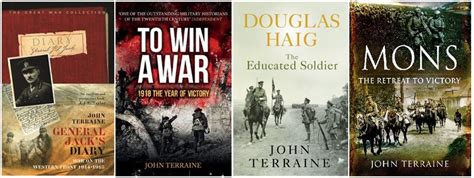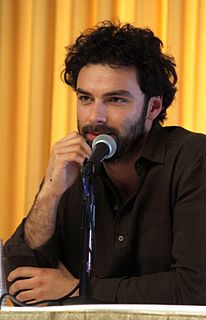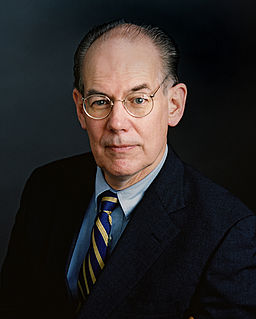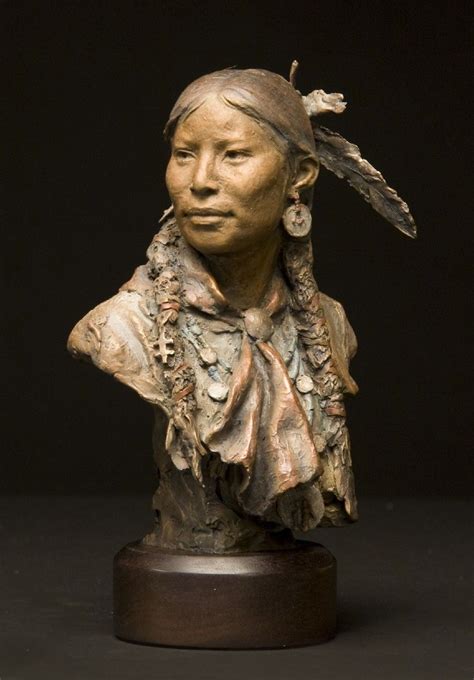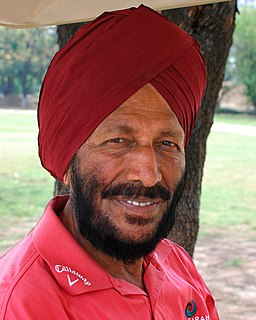A Quote by John Terraine
The Australian divisions and the New Zealanders had become what they were to remain for the rest of the war the spearhead of the British Army
Quote Topics
Related Quotes
My mother and my father had very, very strong Scots accents. We were Australian, and in those days when I was young, I spoke with a much more of an Australian accent than I have now. However I knew that if I went to England to become an actor, which I was determined to, I knew that I had to get rid of the Australian accent. We were colonials, we were Down Under somewhere, we were those little people Over There. But I was determined to become an Englishman. So I did.
Kenya is rapidly developing its industry and manufacturing, and its cultural identity as a new country. We had a humongous history pre-British, and when we were colonized and violently reshuffled, we had to decide who we were again. We couldn't rest on the stories and the cultures of our great-grandparents.
The Kurds had always had a bad time. They were oppressed by the Ottoman empire. Then, at the end of the First World War, they were promised a homeland, but the new Turkish state refused to give them any land, while the British went and created the new state of Iraq and sent aircraft to bomb the Kurds there into submission.
There were 315,000 slave owners in the Union Army (with 200,000 in the Confederate Army) and the men who walked away from the Union Army were adamantly opposed to freeing slaves. We cite these facts and recorded statistics to point out that the principal cause of the war was not the issue of slavery.
